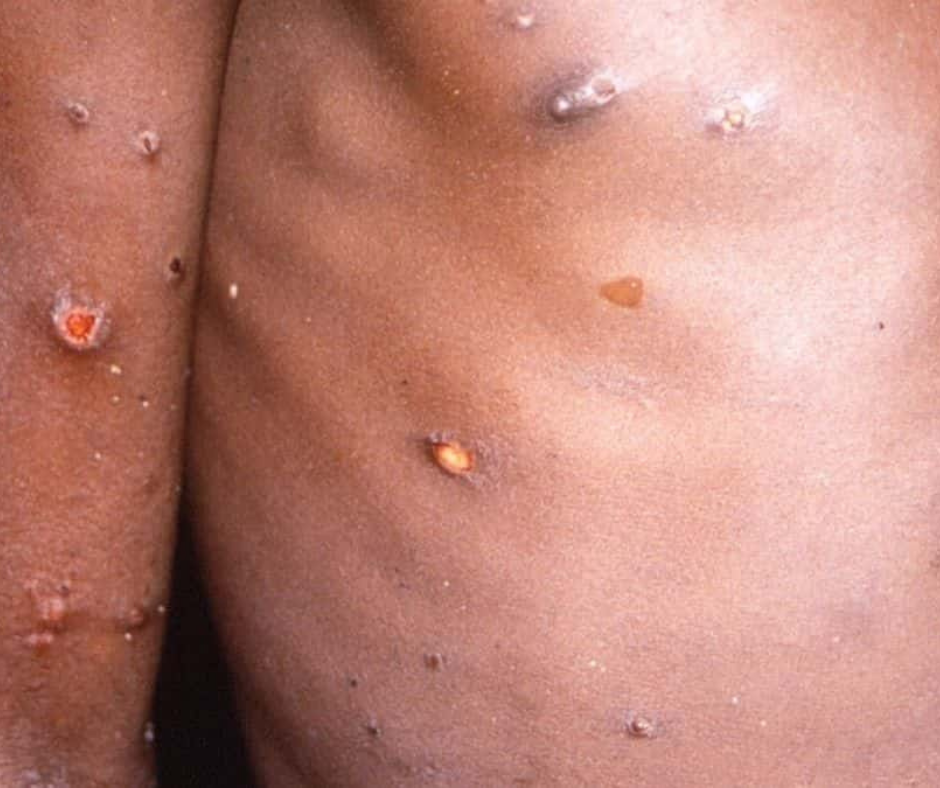Concerns over the rise of monkeypox infections rise as the World Health Organization expands its investigations. As the world continues to grapple with the coronavirus, global concerns have been raised about an upsurge in rare monkeypox illnesses in various parts of the globe.
The virus that causes monkeypox is more frequent in West and Central Africa. There has been an increase in instances recently, with over 100 illnesses confirmed (or suspected) in Europe and other countries.
On May 20, a top European health expert warned that the rare monkeypox virus could spread faster in the coming months.
“As we enter the summer season… with mass gatherings, festivals, and parties, I am concerned that transmission could accelerate,” said WHO regional director for Europe Hans Kluge.
On Friday, May 20, the World Health Organization (WHO) held an emergency meeting to discuss the latest monkeypox outbreak. The Strategic and Technical Advisory Group on Infectious Hazards with Pandemic and Epidemic Potential (STAG-IH), which advises on infection risks that potentially represent a global health concern, are gathering to address the matter.
The WHO had received reports of 92 laboratory-confirmed monkeypox cases and 28 suspected cases from 12 non-endemic countries as of May 21.
More cases of monkeypox are expected to appear internationally, according to the WHO.
Fever, muscle aches, and enlarged lymph nodes are common signs of the monkeypox infection. Rashes that resemble chickenpox can also be observed on the hands and face.
Close contact with infected animals such as rodents and monkeys causes transmission, which is limited between people.
Anyone “may spread monkeypox through contact with bodily fluids, monkeypox sores, or shared items (such as clothing and bedding) that have been contaminated with fluids or sores of a person with monkeypox,” according to the US Centers for Disease Control and Prevention.



